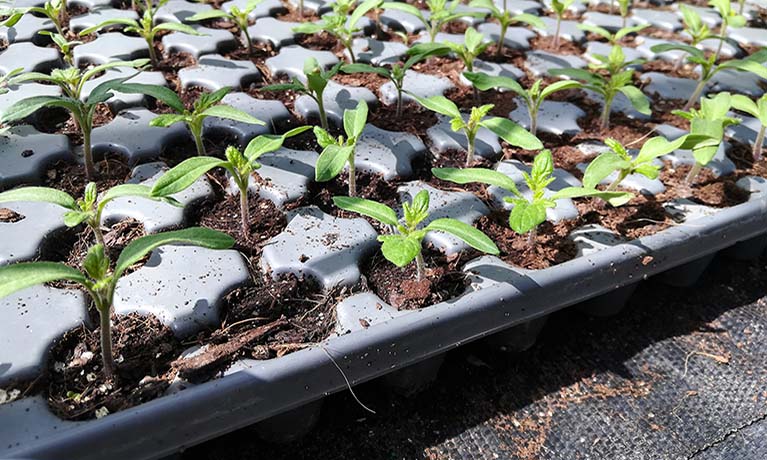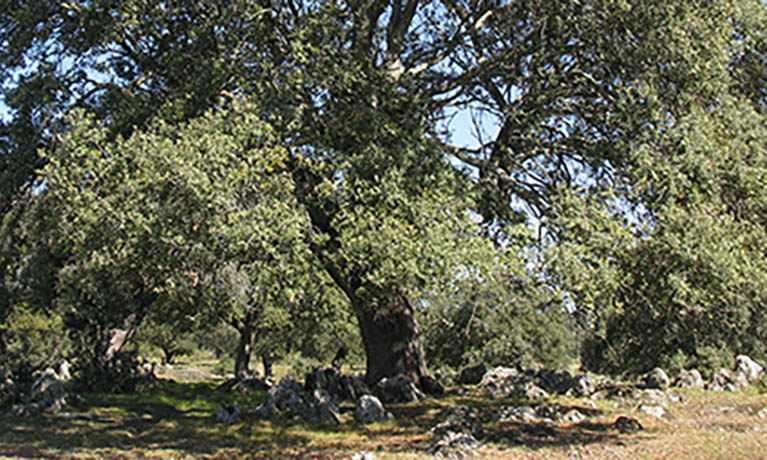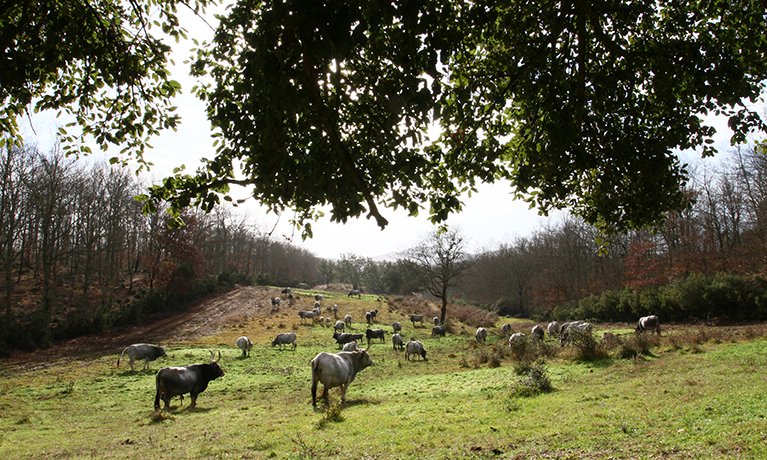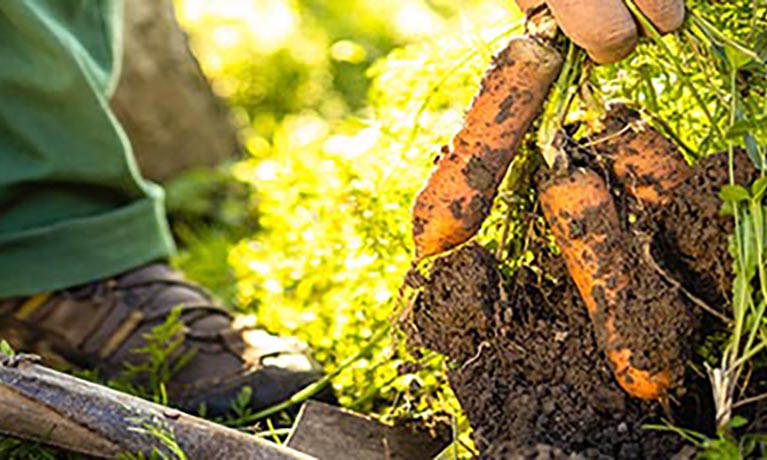About our group
Individual technologies and techniques based on the principles of ecology, agroecology, hydrology, and eco-mimicry can ensure a wide range of ecosystem services and support for ecosystem health. Examples include carbon farming to mitigate climate change, energy efficient agriculture, participatory plant breeding, rainwater harvesting, nature based solutions, agroforestry and the further development of organic and biodynamic farming.
Individual and whole systems can be developed for stabilisation, to enhance the ability of agriculture and water management to withstand and respond to natural disasters and those caused by society. This includes re-establishing, or stabilising agriculture with access to water after human-induced or natural disasters, sustainable management of abiotic stresses in agriculture such as drought, salinity, contaminated land, and the sustainable management of biotic stresses, such as invasive plant species or insects.
By bringing together action and reflection, science and practice, our research in this area uniquely includes water users, food/fibre providers (farmers, pastoralists, indigenous peoples, peri-urban farmers) and other citizens in defining research objectives. This direct co-creation of knowledge is essential in the context of rapid change in which collective problem-solving is needed to develop resilient food and water systems. Combining natural and social sciences with such practical and community knowledge is crucial.










